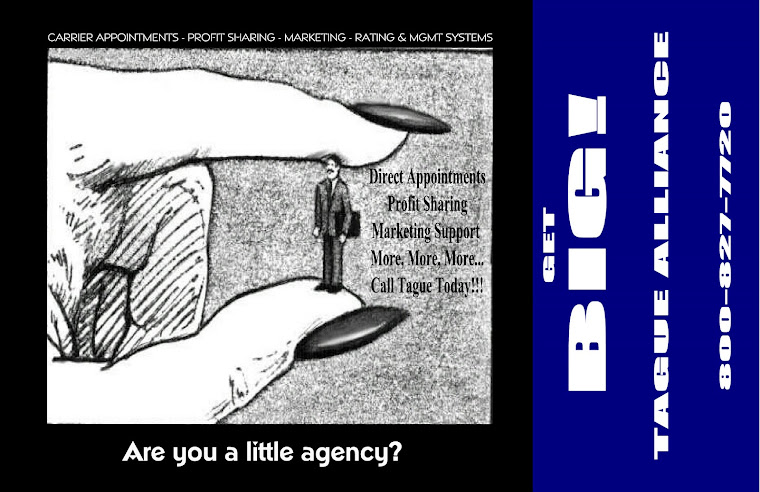By Tony Veteto
Tague Alliance, a SIAA Master Agency
As an insurance agent one of the most challenging things to work through with the insured is the "truth". There are many prospects that come to us for a quote on auto insurance and when we question them about accidents and tickets they suddenly have selective memory. To be fair, many of us cannot remember exactly when we may have received a ticket or had an accident. However, most of us know that we have had some type of incident during a given time period. I recently came across an article from Rough Notes Magazine regarding a court case where coverage was denied due to misrepresentations by the insured.
Insured responsible for statements on application
On October 22, 1992, Jaber (first name not shown) met with William Kasirye, an independent insurance agent, about automobile insurance from Prudential. He stated that he was married, employed, had not been cited for or convicted of a traffic violation in the past 60 months, and had not been involved in any losses or insurance claims during the 36 months preceding his application. At that time, Jaber paid a premium of $129 and Kasirye issued a binder effective immediately.
Prudential then requested and received a report from the Ohio Bureau of Motor Vehicles which showed that Jaber had moving violations in 1989 and 1991, and had been involved in an accident on January 2, 1992.
On November 9, 1992, Jaber submitted a notice of loss in which he reported his car had been stolen two days before. On December 7, Prudential sent him a letter denying liability and declaring the policy void from inception. The company returned the premium that Jaber had paid.
In May 1995, Jaber filed suit for declaratory judgment and sought reimbursement for his car and compensatory and punitive damages. Prudential asserted that the policy was void from inception since his statements in the application were warranties and that the application was a part of the policy. Also the binder had been issued based on the application.
The trial court entered judgment in favor of Prudential, and Jaber appealed.
Jaber contended that, although he had signed the application, the agent had filled in the answers to the questions and, thus, he was not responsible for the falsity of those answers. Furthermore, he asserted that the policy did not warn that any misrepresentations in the application would void the policy.
The higher court pointed out that the policy contained the following statement: "By accepting this policy, you agree that the statements on your Application are true and correct. This policy is issued relying on the accuracy of these statements." The binder that had been issued also contained a similar statement.
The judgment entered in the trial court in favor of Prudential was affirmed.
Jaber, Appellant, v. Prudential Insurance Company of America--No. L-95-347--Court of Appeals of Ohio, Sixth District, Lucas County--August 16, 1996--681 North Eastern Reporter 2d 478. *
©COPYRIGHT: The Rough Notes Magazine, 1998
After reading the case above there should be no doubt in the mind of the agent or the insured that true and accurate information must be represented on the insurance application! The insurance company has grounds to deny a claim if an insured misrepresents the facts when applying for the insurance policy.
Subscribe to:
Post Comments (Atom)




No comments:
Post a Comment
Note: Only a member of this blog may post a comment.